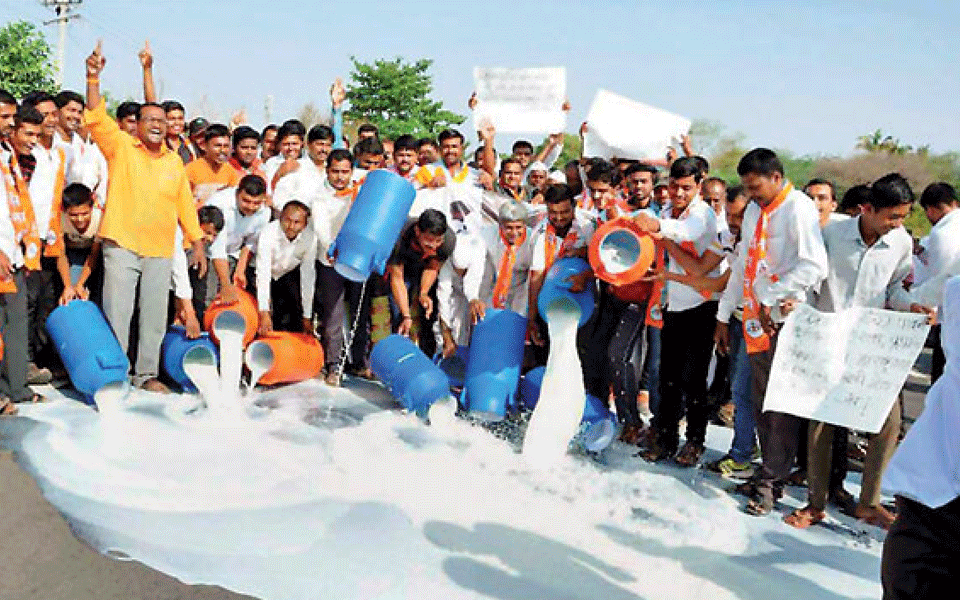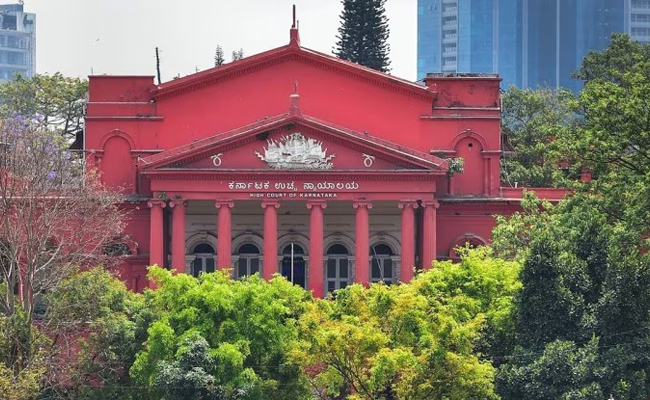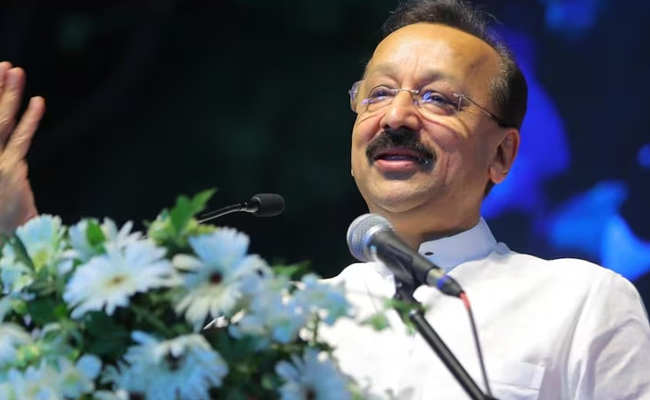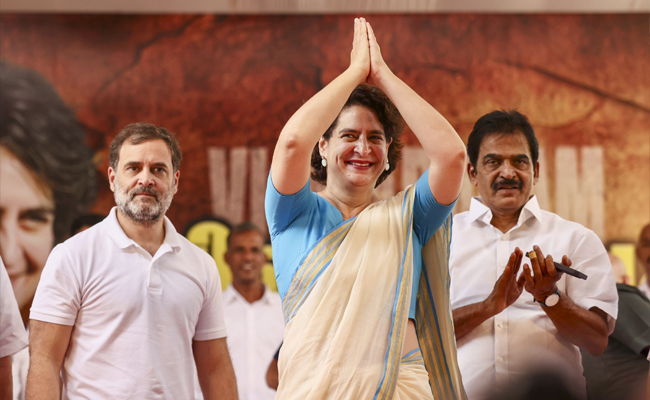Mumbai, July 16: Thousands of milk farmers across Maharashtra launched an agitation for their various demands early on Monday, hitting supply of fresh milk across big and small cities in the state.
Scores of milk tankers bound for major cities including Mumbai, Pune, Nagpur, Nashik and others were blocked in different parts of the state, raising the spectre of milk shortage.
As the agitation continued, around a dozen milk tankers each from Nashik and Kolhapur were despatched for Mumbai under armed police escorts, while the Opposition Congress and Nationalist Congress Party and others threw their weight behind the agitators.
The farmers' groups, led by Swabhimani Shetkari Sanghatana (SSS) and Maharashtra Kisan Sabha (MKS), are demanding a subsidy of Rs 5 per litre milk, waiver of goods and services tax (GST) on butter and milk powder among others.
Tankers laden with lakhs of litres of milk were waylaid and emptied on the roads in Pune, Nashik, Kolhapur, Sangli, Beed, Palghar, Buldhana, Washim, Aurangabad and Solapur, while at least one tanker was torched near Amravati en route to the big cities, which are totally dependent on supplies from the rural areas.
In other places, activists performed the symbolic 'dudh-abhishek' with milk in major temples in Pandharpur, Pune, Beed, Nashik, Ahmednagar and other places to lodge their protest even as the state government warned of strict action.
At some places, top leaders like SSS President and MP Raju Shetti and MKS President Ajit Nawale took to the streets to block the milk tankers while several big and small milk cooperatives announced support to the farmers' agitation.
"The state government has fixed the procurement price of Rs 27 per litre but the farmers get barely Rs 17 per litre. We are demanding a direct subsidy of Rs 5 per litre to the farmers, as provided in Goa, Karnataka and Kerala.
"With a drop in the rates of skimmed milk powder, even the milk cooperatives are facing a tough time," Shetti told the media.
Nawale said the government's announcement of Rs 50 per kg subsidy for milk powder may not benefit the farmers since the prices of milk powder have come down in the international market, but would be a boon to private companies which convert milk into powder.
As the issue was taken up in the Maharashtra Legislature in Nagpur, Animal Husbandry and Dairy Development Minister Mahadev Jankar assured that the cities would not suffer any milk shortages.
He said that Mumbai, which requires over seven million litres fresh milk daily, has adequate stocks of 15 days. Most urban centres together account for over 10 million litres, with Pune and surroundings needing 1.3 million daily.
"We are trying to resolve the issue. If anybody attempts to break the law, they will be dealt with sternly," Jankar warned the farmers, and later said the government was prepared to give Rs 3 per litre subsidy.
Minister of State for Cooperation Subhash Deshmukh accused the protesting leaders of deliberately "misleading" milk producers with the agitation.
"Their sole objective seems to be to embarrass the state government and harass the milk producers," he said.
On reports that the government planned to "import" milk from Gujarat and Karnataka to meet the requirements here, Shetti shot back that it was a ploy to break the farmers agitation and they would launch a satyagraha against the state's move.
According to official figures, Maharashtra has approximately 15,000 cooperative dairy societies, 85 cooperative dairy unions, 98 milk processing plans, 156 chilling centres and 192 cold storages including 167 in the private sector.
Let the Truth be known. If you read VB and like VB, please be a VB Supporter and Help us deliver the Truth to one and all.
Bengaluru: The Karnataka High Court has quashed a May 20, 2022, National Green Tribunal (NGT) order that held the Madras Engineering Group (MEG) and Centre, Bengaluru, responsible for pollution in Halasuru Lake.
A division bench comprising Chief Justice NV Anjaria and Justice KV Aravind ruled that the NGT's order, which imposed an environmental compensation of ₹2.94 crore on MEG, was issued without granting them an opportunity to be heard, violating principles of natural justice.
The court has remanded the case back to the NGT, Southern Zone, Chennai, for reconsideration. The NGT has been directed to decide afresh on the imposition of environmental compensation after providing a fair hearing to MEG.
However, the High Court ordered MEG to deposit ₹1 crore with the Karnataka State Pollution Control Board (KSPCB) as per the August 2024 NGT directive. This deposit will remain subject to the outcome of the fresh proceedings.
The NGT initiated the case in March 2016 following a news report that alleged pollution by a slaughterhouse, MEG, and the Bengaluru Water Supply and Sewerage Board (BWSSB). The BWSSB was also directed to pay ₹1 crore as environmental compensation.
Additional Solicitor General Arvind Kamath, representing MEG, argued that an open stormwater drain under BWSSB flows through MEG’s premises into the lake, contributing to the pollution. He stated that the sewage load from MEG is minimal and plans for a 1,200-KLD sewage treatment plant (STP) are underway.
The bench noted that no proper liability assessment had been conducted against MEG, and no opportunity was provided for them to present their defence before the demand notice was issued.
The matter will now be re-examined by the NGT.





